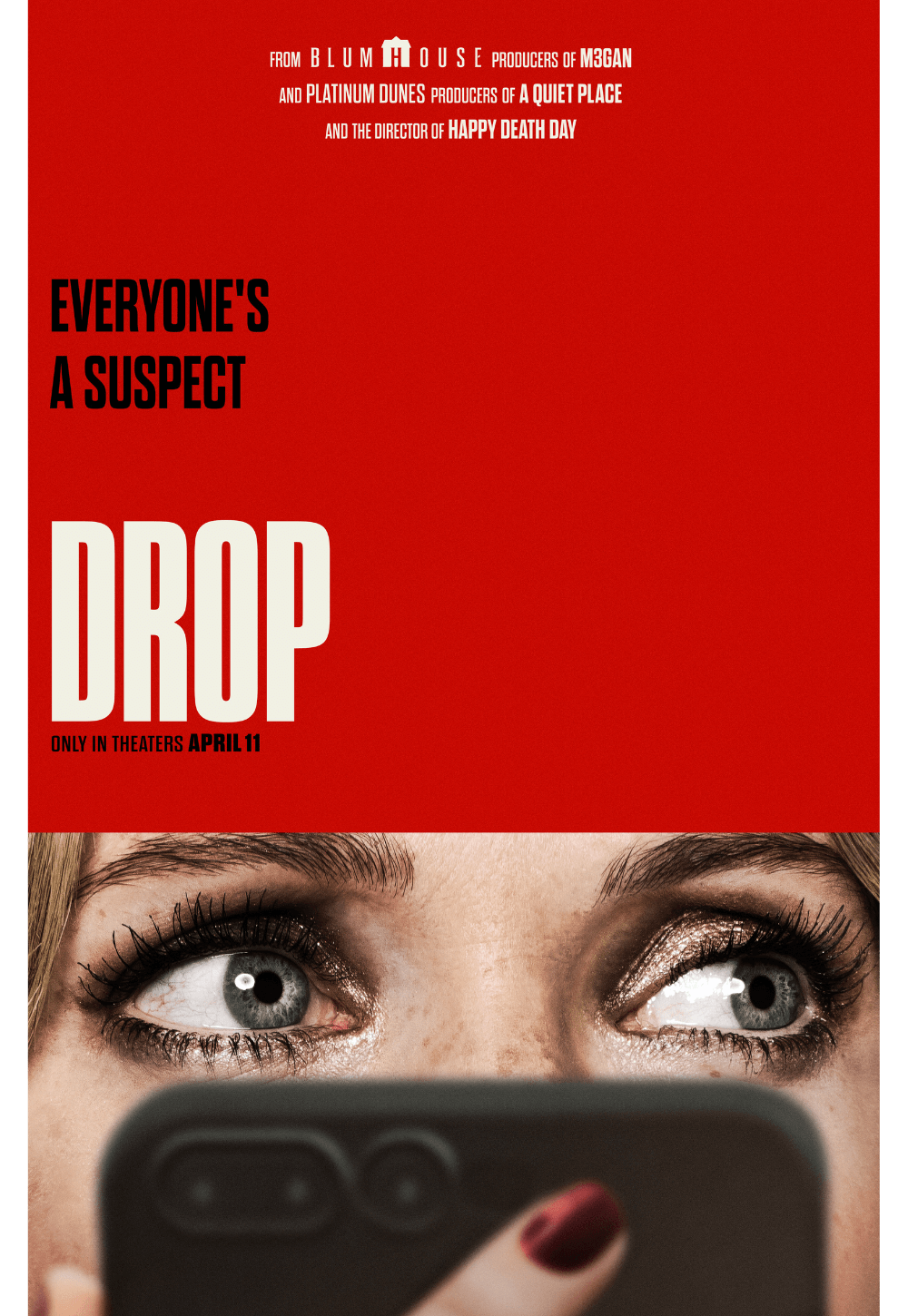
I’m Still Here
By Brian Eggert |
Eunice Paiva (Fernanda Torres) and her husband Rubens (Selton Mello) lead privileged middle-class lives with their children—four girls and one boy—in a cozy Rio de Janeiro house. Their family has blithe dinners and sun-dappled parties on the beach, where they adopt a stray dog as a new family pet. Their laughter, dancing, and smiles are irrepressible. It’s 1970, and they believe Brazil’s military dictatorship will soon pass. Rubens, a former Labour Party congressman who went into exile after the coup d’état in 1964, has since returned and remains confident that things will blow over and that his friends will prove too hasty in leaving the country. However, he secretly helps the opposition, passing information when he can. In the meantime, news reports on kidnappings and missing persons taken by the right-wing government suggest, along with the Paiva children’s encounters with aggressive roadblocks and random ID checks, imminent danger. Before long, ununiformed soldiers knock on the Paivas’ door and demand to take Rubens for questioning.
I’m Still Here dramatizes the Paiva family’s real-life nightmare. They’re just one of the many thousands of families who fell victim to the Brazilian government’s forced disappearances and torture during its 21-year dictatorship. Filmmaker Walter Salles distills the story to its emotional core, focusing on the immediacy of Eunice’s determined search for answers about Rubens’ location and her vital self-possession with her children. Based on the book by Marcelo Rubens Paiva, the screenplay by Murilo Hauser and Heitor Lorega eschews any political or historical context besides some cursory titles at the film’s beginning and end. The choice, while understandable, keeps the viewer hooked by the subjectivity of the victims without losing them in the weeds of history. But exploring the political conditions that led to the incident, even if it meant lengthy opening titles or an exposition dump by a character, might have created worthwhile parallels for today’s viewers to understand how this happens (and how it could happen again).
Nevertheless, the film’s portrait of Eunice’s endurance is stirring. With unthinkable calm and level-headedness—and doubtlessly, no small degree of terror—she serves a meal and even attempts politeness with the men who took her husband away. But like her husband, she’s soon taken for questioning with one of her daughters, told to wear a black shroud over her head, and kept for several days until she identifies political dissenters. After her release, Eunice must manage her children, some of whom remain too young to grasp what’s happening. It’s a role that requires Torres to convey great composure under disturbing circumstances, and Torres has earned much attention, even an Oscar nomination, for the performance. This marks her latest of several collaborations with Salles, including Foreign Land (1995) and Midnight (1998), and it’s easily the most widely praised of their careers, perhaps even more than Salles’ breakout hits with Central Station (1998) and The Motorcycle Diaries (2004).
Although it shares a name with Casey Affleck’s unrelated spoof documentary about Joaquin Phoenix’s faux implosion, I’m Still Here bears similarities to works by Costa-Gavras and Pablo Larraín. Both filmmakers have made extensive contributions to cinema about South American dictatorships, the political chaos they perpetuate, and the crimes against humanity that follow. Films such as State of Siege (1972), Missing (1982), and Post Mortem (2010) grapple with many of the same ideas, albeit in other countries, and often with more cultural and political detail. Salles attempts to implant a sense of realism with bookend shots of 8mm home movies shot by the Paiva family, featuring soldiers marching in the streets and riding in military transports, contrasted by other footage of the family’s sunny days before Rubens’ disappearance. But these stylistic flourishes prove limited, with cinematographer Adrian Teijido engaging in an unflashy but visually subdued production.
While the film documents one family’s experience with a forced disappearance, it also considers the necessity of healing in its aftermath, sometimes without the luxury of answers or justice. A coda set in the years to come finds Eunice overjoyed to finally receive her husband’s death certificate, another memento to be filed away with the photos and home movies of Rubens that show traces of their life together. To be sure, the film’s sense of closure hardly feels earned after such harrowing events, not to mention the lack of accountability by those responsible. The standard postscript—complete with actual photos of the Paiva family to show how well the filmmakers replicated the real thing—lends the film a commercially friendly impression that some measure of order has been restored despite no one being charged with Rubens’ murder. Such a middlebrow approach offsets the material’s full cinematic potential, which might have confronted the viewer more and rendered I’m Still Here unforgettable. Instead, this is solid if unexceptional filmmaking, anchored by a strong central performance and subject matter that, hopefully, inspires further reading in anyone who watches.

Consider Supporting Deep Focus Review
I hope you’re enjoying the independent film criticism on Deep Focus Review. Whether you’re a regular reader or just occasionally stop by, please consider supporting Deep Focus Review on Patreon or making a donation. Since 2007, my critical analysis and in-depth reviews have been free from outside influence. Becoming a Patron gives you access to exclusive reviews and essays before anyone else, and you’ll also be a member of a vibrant community of movie lovers. Plus, your contributions help me maintain the site, access research materials, and ensure Deep Focus Review keeps going strong.
If you enjoy my work, please consider joining me on Patreon or showing your support in other ways.
Thank you for your readership!
Brian Eggert | Critic, Founder
Deep Focus Review







